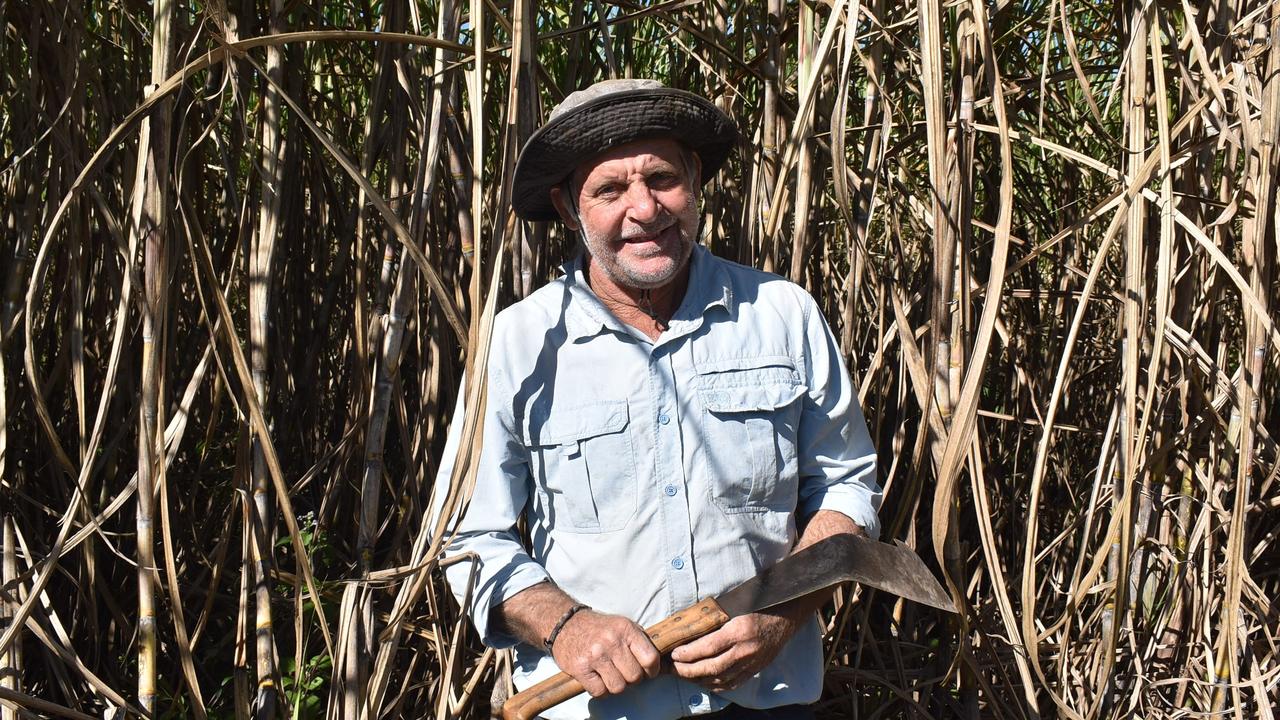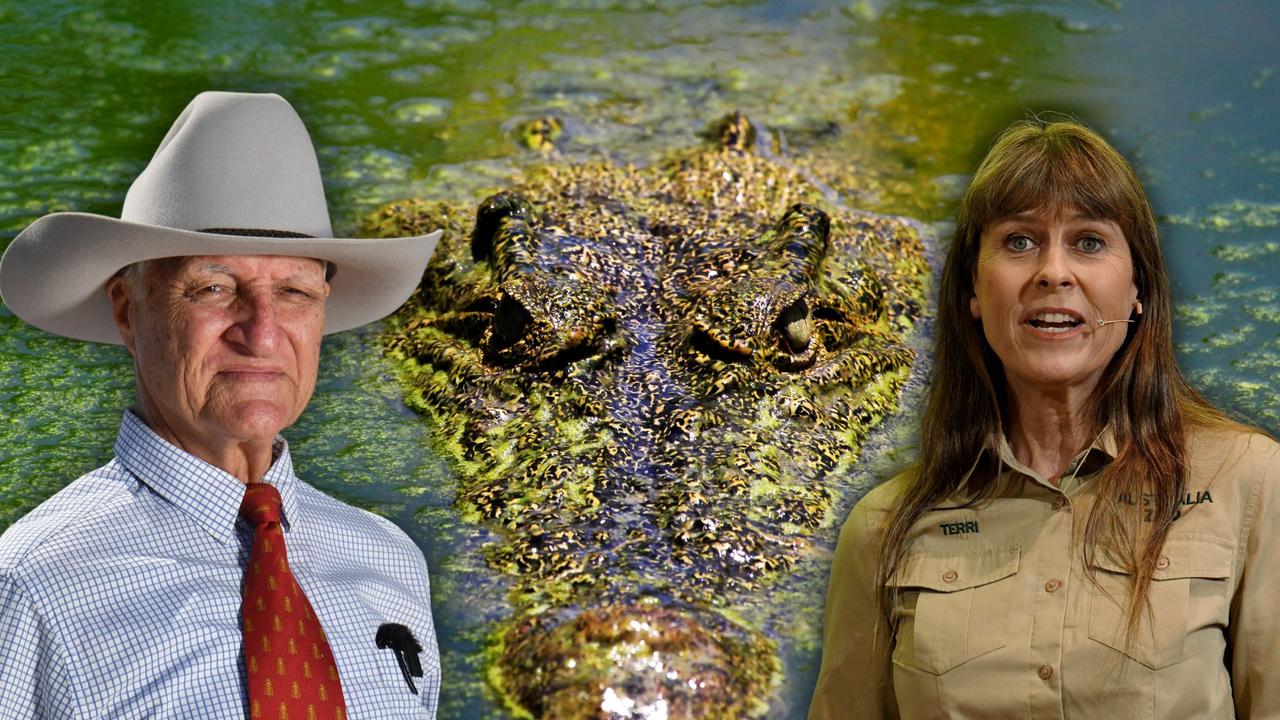Inside the Cape’s animal ‘crisis’ and how you can help
A Far North charity which rescues dogs from remote Cape communities says there is an animal “crisis” in the area, but they are now operating in a deficit and are pleading for support to help address it. HOW YOU CAN HELP
News
Don't miss out on the headlines from News. Followed categories will be added to My News.
A charity which rescues dogs from remote Cape communities says there is an animal “crisis” in the area, with an estimated 10,000 suffering canines across the region.
But Remote Animal Assistance, which rescues stray and sick dogs from 12 remote communities, says the organisation is operating in a deficit, and are pleading for financial help.
“It’s a real crisis and we’re just trying to make some noise about it I guess,” founder Jess Leeming said.
Established in late 2022, Ms Leeming started the charity after growing up camping across the Cape and witnessing the suffering of stray dogs in remote communities with limited vet and other support services.
“I would just see all the stray dogs … and a lot of the time they would be starving, injured, unwell – as you can imagine when you’re a stray dog in an area where there’s no vets,” she said.
“And people are rightly focused on supporting their family and making sure that they can put food on the table for their kids, so they can’t go around supporting all the stray dogs in communities.”
Beginning with Ms Leeming housing dogs in empty kennels on her Tablelands property, RAA now has 30 active foster carers around Cairns and has rescued more than 300 dogs in total.
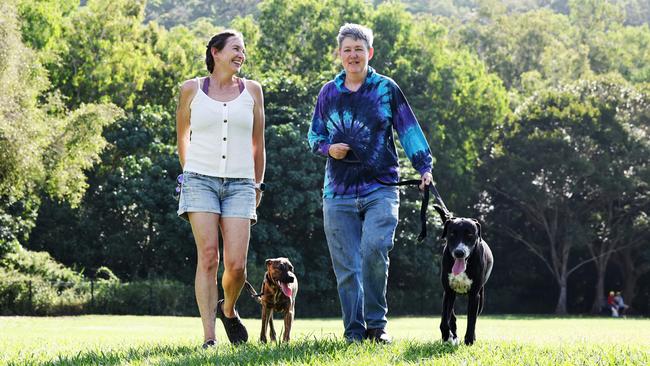
“Now we are sort of all guns blazing, trying to make people aware of the crisis that’s happening across Cape York, and knocking on any door we can to try and get support for what we’re trying to do,” she said.
Ms Leeming estimated there were 10,000 suffering dogs across the Cape, and said RAA has shifted their focus to developing and implementing long term projects, such as desexing clinics, to address the crisis.
“I use the analogy of mopping the floor while the roof is still leaking. That’s what it feels like by rescuing and rehoming dogs while this crisis is still happening,” she said.
However, Ms Leeming said the organisation was now operating in a deficit and urgently needed financial support to get the projects off the ground.
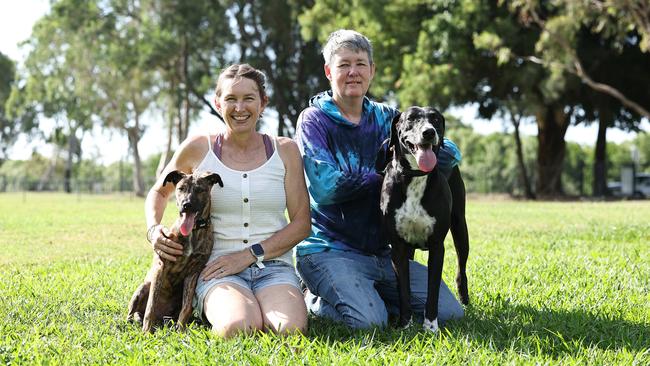
“There is a crisis and it’s not the communities’ fault. RAA is willing to try and address this crisis or be one of the key players in improving animal welfare in communities, but to do that we need funds,” she said.
Ms Leeming said RAA was urgently seeking fundraising to maintain two staff, a rescue operations manager and a development officer, beyond their current three-month contracts.
RAA has also been required to move into “a (hopefully) temporary arrangement” of fundraising to bring a dog into care, and currently have seven dogs on the waiting list, Ms Leeming said.
Ms Leeming said it cost between $150 and $250 to transport a dog to Cairns, and between $320-440 for standard vet care, plus any additional medical treatment a dog may require.
“Most of the adult dogs we have coming into care will have heartworm, which costs $1500 to treat,” Ms Leeming said.
“Every time there’s a broken leg or a fracture of some sort, that’s usually about a $3000 bill as well.”
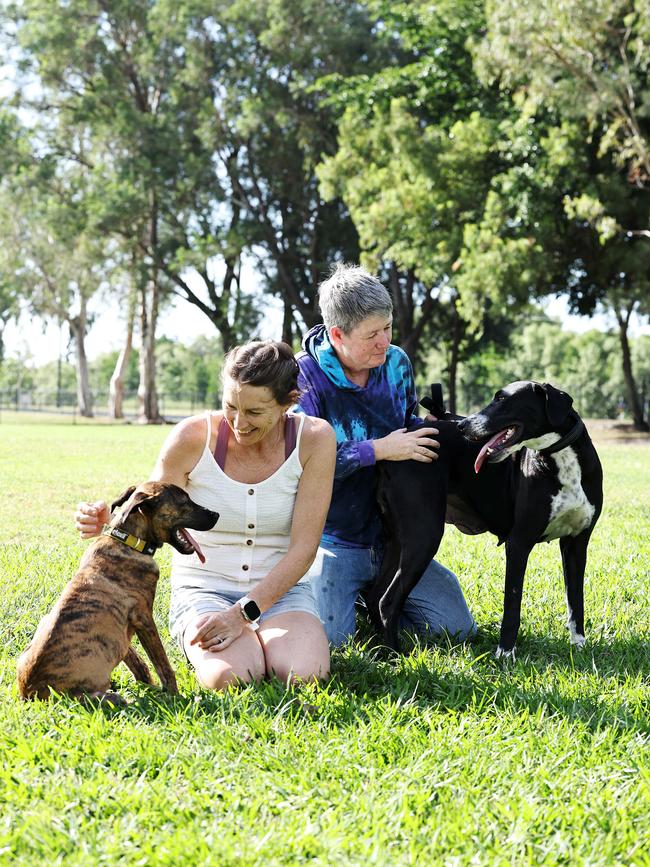
Some of RAA’s proposed projects include desexing clinics, injections for tick and flea protection and the inclusion of two ‘animal support officers’ in each community.
The animal support officers, Ms Leeming said, would be existing community members who would be trained to be “advocates” for animals in communities.
“They would be employed by RAA to be the community go-to for animal support concerns … they would make themselves known as someone who’s there to help … and help make cultural changes in the way that stray animals or animals in general, including pets, are supported in communities.
“If an animal gets hit by a car someone’s pet becomes sick, then our support officer would attend the call out, offer initial first aid and support within the scope of their training, and then consult with RAA or other services.”
If you’d like to support RAA, visit remoteanimalassistance.com
More Coverage
Originally published as Inside the Cape’s animal ‘crisis’ and how you can help


